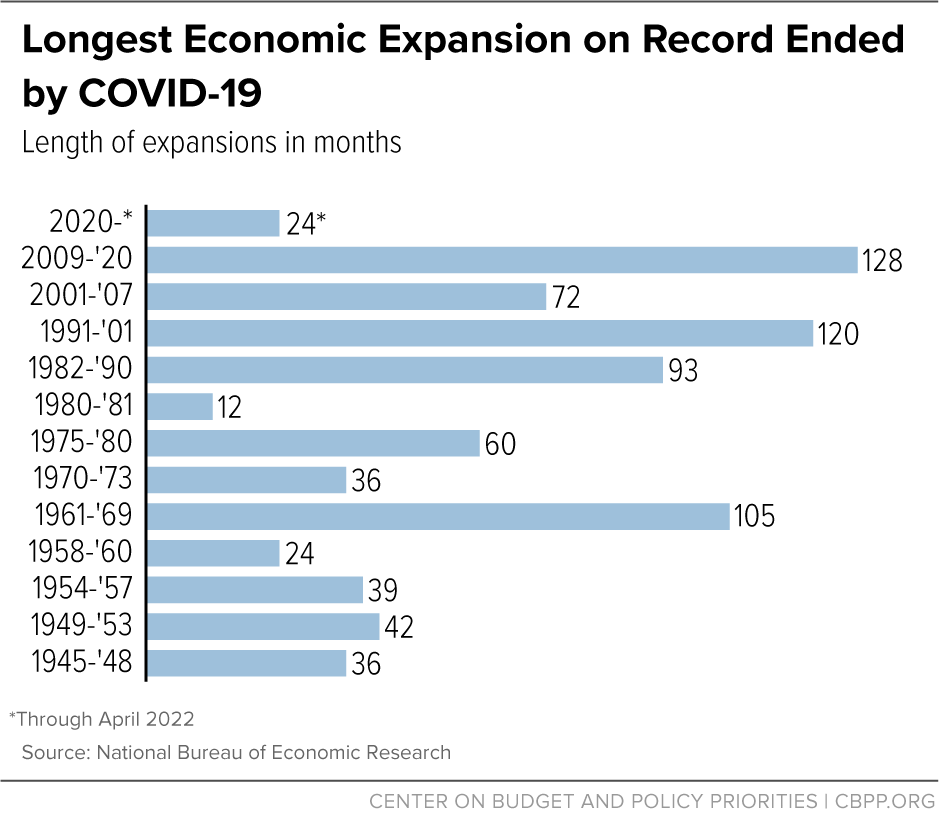Sign up for the Fortune Features email list so you don’t miss our biggest features, exclusive interviews, and investigations.
The data is clear: The pandemic housing boom—which has seen U.S. home prices soar 19.8% over the past year—is finally losing some steam.
What's going on? Soaring mortgage rates, which have climbed from 3.11% to 5.25% over the past five months, are leading to what economists call "demand destruction." It's easy to see why some would-be homebuyers are backing off. If a borrower took out a $500,000 mortgage at 3.11%, they'd owe $2,138 per month. The exact same mortgage at a 5.25% rate would have a $2,761 payment, or an additional $244,400 over the course of the 30-year loan.
But the housing boom isn't dead in the water just yet. At least according to Zillow's revised housing forecast.
While the forecast Zillow published this month is a downward revision from the one it published in April, it's still fairly bullish. Over the coming 12 months, the Seattle-based real estate firm predicts that U.S. home prices will climb 11.6%. That's down from its previous forecast of a 14.9% year-over-year rate, but it would still mark an appreciation level that is more than double the average rate (4.6%) posted since 1987.
It also marks the second consecutive downward revision: Back in March, Zillow was predicting home prices would spike 17.8% over the coming year.
"These downwardly revised projections would still represent a very strong housing market in the coming year. In the history of the Zillow Home Value Index, which dates back to 2000, annual growth has only exceeded the current year-ahead projection of 11.6% during this recent run of record-breaking growth, and during a several-month stretch in 2005," write the Zillow economists.
The reason for the downward revision? Zillow cites spiking mortgage rates, rising inventory, and slowing home sales.

That said, Zillow's forecast model remains bullish as a result of buyer demand. Through the rest of the year, it expects home sales to remain strong, ultimately hitting 5.7 million in 2022. While that would be down 6.4% from last year's 6.1 million homes sold—the highest since 2006—it would still represent an elevated demand for homes. For perspective, during the 2010 decade, annual home sales averaged 5 million flat.
When does Zillow think the housing boom will fizzle out?
"The housing market is expected to return to pre-pandemic, 2019 norms—at least in terms of inventory and the share of purchases made by first-time home buyers—by 2024," wrote Zillow researchers on Tuesday as they assessed their findings from their monthly poll of "housing market experts."
Not everyone agrees with Zilow's bullish outlook. Look no further than real-estate research firm CoreLogic. Over the coming 12 months, CoreLogic predicts that U.S. home prices will rise 5.9%. If CoreLogic's prediction comes to fruition, it would see a return to a historically normal rate of growth.
Also, Moody's Analytics chief economist Mark Zandi doesn't agree with Zillow's assessment. Zandi tells Fortune he expects U.S. home prices to be flat over the coming year, and could even fall 5% to 10% in America's most "overvalued" housing markets.
Another reason to be skeptical of Zillow's prediction: affordability.
Over the past two years, U.S. home prices have soared a staggering 34.4%. That far outpaces U.S. income growth during the same period. As a result, Moody's Analytics told Fortune last month that 96% of regional housing markets are now "overvalued" relative to local incomes. In a paper titled “Real-time market monitoring finds signs of brewing U.S. housing bubble," Dallas Fed researchers say that for the first-time since the ’00s housing bubble we're amid a housing market that has become detached from fundamentals.



